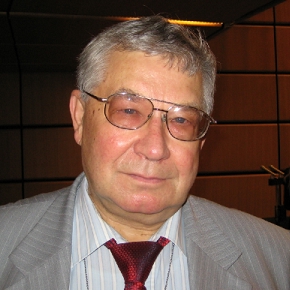 |
||
|
Iran Could Become Party to Nuclear Non-Proliferation Treaty - Russian Foreign Ministry RIA Novosti, PUBLISHED 05.09.2014 The Russian Foreign Ministry said Thursday that Iran could possibly become a full member of the Nuclear Non-Proliferation Treaty. “The agreements reached on November 24, 2013, in Geneva on Iran’s nuclear program opens the actual perspective that by November of this year an exit [from the issue] and a long-term and reliable settlement of this issue will be found. Regardless of the difficult approach during the negotiation process, there is a possibility that Iran [could receive] its full capacity of rights as an NPT member state, including the right to enrich uranium and canceling the sanction regime [against the country],” the ministry said on its website. The main concepts of the treaty, its so-called “pillars” consist of non-proliferation, disarmament and the peaceful use of nuclear energy. There are 189 states party to the treaty, including Iran. Other news: The Agreement was signed on September 3, 2014 in Algeria. Rosatom Says Has Enough Uranium for a Century Rosatom is in the second place by Uranium reserves in the world. Ex-TEPCO Executives to Face Criminal Charges Over Fukushima Disaster The decision of the 11-member public panel concerns Tsunehisa Katsumata, chairman of TEPCO at the time of the disaster, and two former vice presidents – Sakae Muto and Ichiro Takekuro. |
Hero of the day 
The ISTC Responsible Science Program and Subprogram Culture of Nuclear Nonproliferation The dual-use nature of nuclear technology consisting in the potential for its application equally in peaceful and military sphere is the basic contradiction for the existing nuclear nonproliferation regime and comprehensive development of the nuclear power and nuclear fuel cycle. INTERVIEW
Jerry Hopwood OPINION
Joint Plan of Action |

